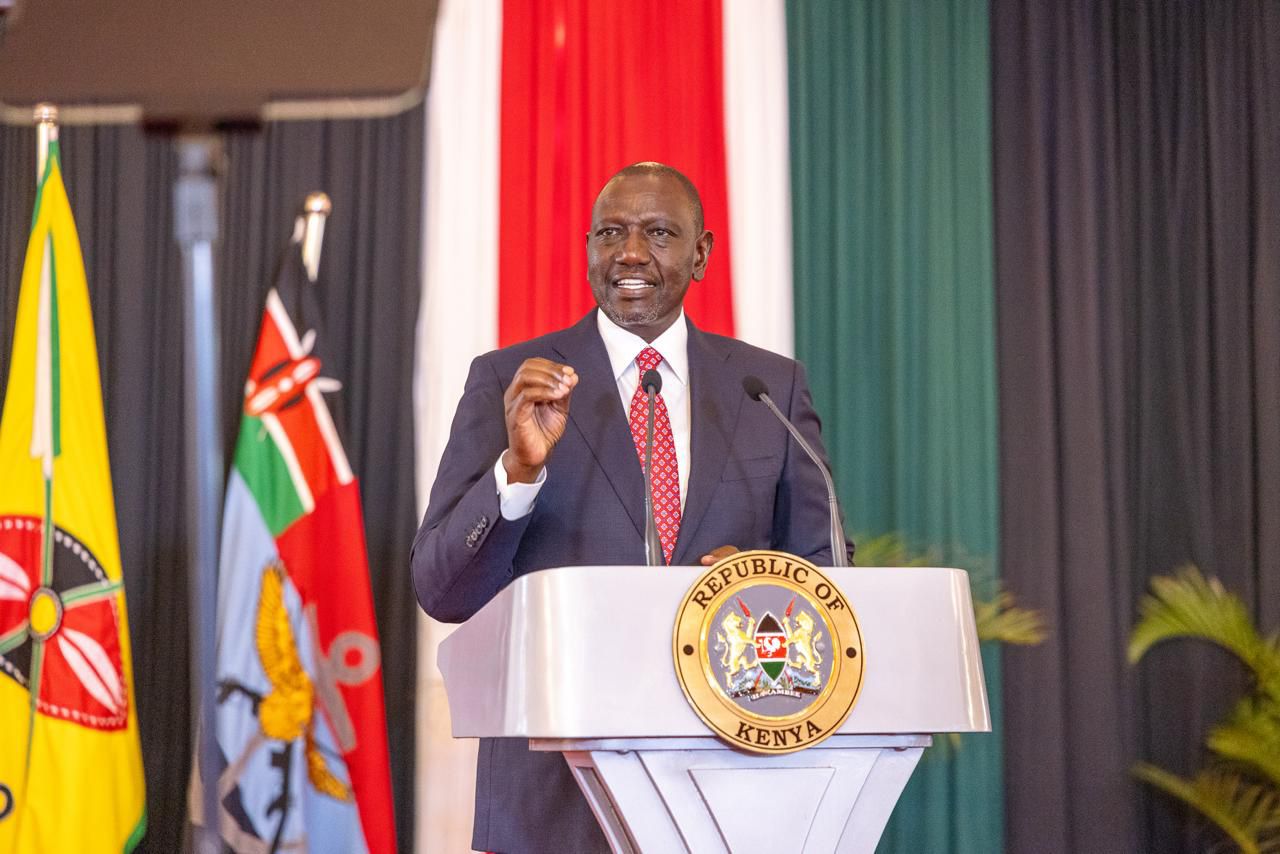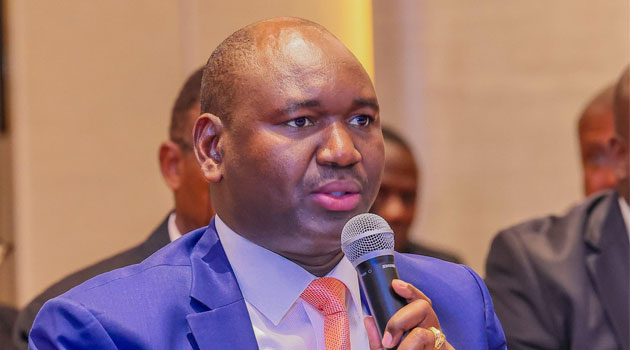The Cabinet Secretary (CS) of Education Ezekiel Machogu has appointed a 16-member team to review Kenya Credit Accumulation and Transfer (KCAT) system policy in the country.
Section 8(1) (l) of the Kenya National Qualifications Framework (KNQF) Act No. 22 of 2014 mandates KNQA to facilitate linkages, credit transfers and exemptions and a vertical and horizontal mobility at all levels of learning to enable entry, re-entry, and exit.
This now sets the stage for the Presidential Working Party on Education Reform (PWPER) recommendations to be implemented, which identifies Credit Accumulation and Transfer Systems (CATS) in Kenya as an important aspect of education reforms.
The Authority in consultation with stakeholders had developed a Kenya Credit Accumulation and Transfer (KCAT) system policy as one of the tools to contribute to lifelong learning.
“Following a shift to a new National Economic Agenda – the Bottom-up Economic Transformation Agenda (BETA) – there is need to revise and re-align the policy to make it responsive to the emerging changes,” reads the appointment letter by Machogu dated September 17, 2023.
The Ad-hoc committee to review the KCAT system policy is expected to review the policy, develop KCAT standards and guidelines, and perform any other function that is incidental to the performance of the above stated functions.
The experts are drawn from Kenya National Qualification Authority (KNQA), Directorate of Quality Assurance, Technical and Vocational Education and Training Authority (TVETA), University of Embu, University of Nairobi, National Industrial Training Authority (NITA), Egerton University, and International Labour Organisation(ILO).
others are the Federation of Kenya Employers (FKE), Human Resource Management Professionals Examination Board (HRMPEB), Commission for University Education(CUE), Kenya National Examinations Council (KNEC), Technical and Vocational Education and Training Curriculum Development, Assessment and Certification Council (TVET CDACC), and Kenya Universities and Colleges Central Placement Service (KUCCPS).
KNQA Ag. Director General Dr Alice Kande welcomed the appointments, noting that the team is now ready to start the exercise.
“This is a very critical process that we are determined to complete on time as it will go a long way in promoting lifelong learning,” said Dr Kande.
The setting up of the ad-hoc committee is a major score for the Education sector after the Education Committee in the National Assembly called on the Ministry of Education to speed up implementation of the PWPER reforms.
Already, RPL policy has been reviewed and submitted to the MoE for consideration.
Credit accumulation involves aggregating the credits required to complete a qualification or part qualification, often within defined programmes, which can be institution-specific, across different institutions, or between various qualification levels.
Equally, credit transfer entails the movement of specific credits vertically, diagonally, or horizontally towards a qualification or partial qualification at the same or a higher level.
This transfer is between related or similar programmes, qualifications and instructions.
In alignment with ongoing initiatives for regional and continental education and training harmonization, supported by UNESCO’s Addis Convention on the recognition of degrees and certificates (2014), the Credit Accumulation and Transfer (CAT) system emerges as an indispensable tool for quantifying and validating qualifications.
By Our Reporter
Get more stories from our website: Education News
To write to us or offer feedback, you can reach us at: editor@educationnews.co.ke
You can also follow our social media pages on Twitter: Education News KE and Facebook: Education News Newspaper for timely updates.
>>> Click here to stay up-to-date with trending regional stories






